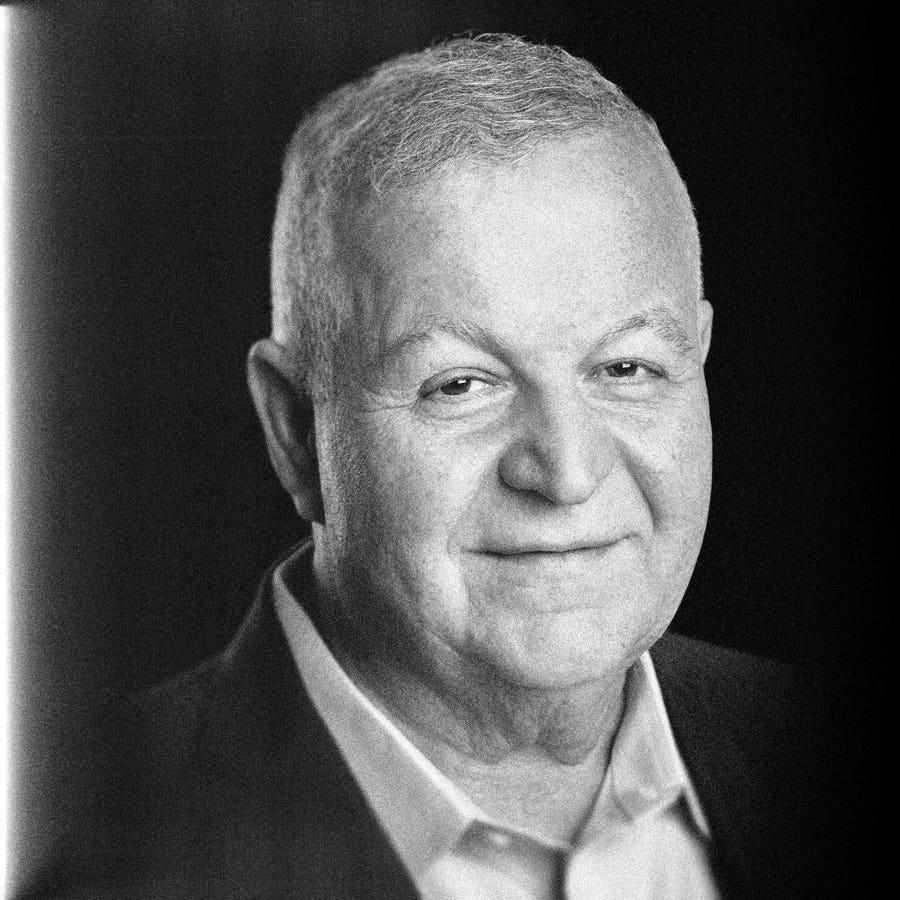Axiom Space, a company co-founded by billionaire Kam Ghaffarian, aimed to revolutionize commercial space travel by building private space stations for humans to live and work off-planet. However, the company is now facing significant challenges, including financial struggles, layoffs, and delays in its projects. Axiom’s plan to build its own space station, known as “Axiom Station,” using the International Space Station as a base, has been hindered by slow progress on the first module and uncertainties surrounding the ISS’s future.
Despite raising $500 million in funding, including a $350 million round led by Saudi Arabia’s Aljazira Capital and South Korean pharma company Boryung, Axiom is struggling to secure additional investment for its projects. The company’s payroll, which peaked at nearly 1,000 employees, has contributed to its financial challenges. Former employees describe Axiom’s CEO, Michael Suffredini, as running the company more like a government program than a startup, leading to inefficiencies in resource allocation and staffing.
Axiom’s efforts to generate revenue through private missions to the ISS with SpaceX have reportedly resulted in financial losses. The company’s passenger service to the ISS, intended to fund the development of its own space station, has struggled to attract customers willing to pay the high costs for a trip. Axiom has faced difficulties in meeting financial obligations to suppliers, including Thales Alenia Space and SpaceX, leading to strained relationships and breach of contract notices.
As Axiom grapples with financial challenges and delays in its space station development, the company has been forced to lay off employees and implement pay cuts. Ghaffarian has injected millions of dollars into the company to cover shortfalls, but Axiom’s long-term viability remains uncertain. The company’s ambitious plans for a thriving space economy in low-Earth orbit may be in jeopardy, as investors grow wary of its ability to deliver on its promises.
NASA is also exploring alternative options for an ISS replacement, including projects with companies like Blue Origin, Sierra Space, and Voyager Space. The competition for funding and partnerships in the commercial space industry is intense, with uncertainties surrounding the financial sustainability of private space stations. Axiom’s future hinges on its ability to secure additional funding and navigate the complex landscape of commercial space exploration.
As Axiom strives to overcome its current challenges and continue its mission to build private space stations, the company faces tough decisions about its financial strategy and project timelines. With competition from other companies and uncertainties surrounding the future of the ISS, Axiom’s path forward remains uncertain. The company’s ability to adapt to changing circumstances and secure the necessary resources will determine its success in the rapidly evolving commercial space industry.


